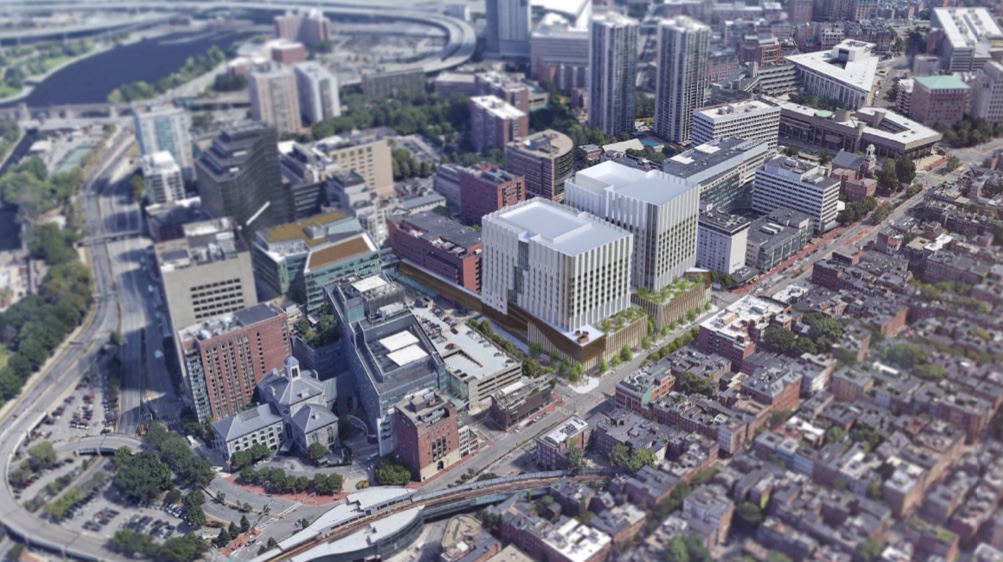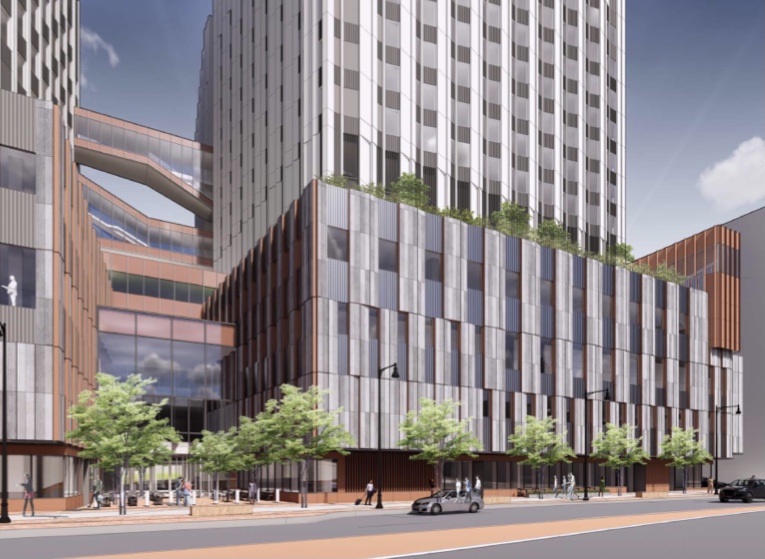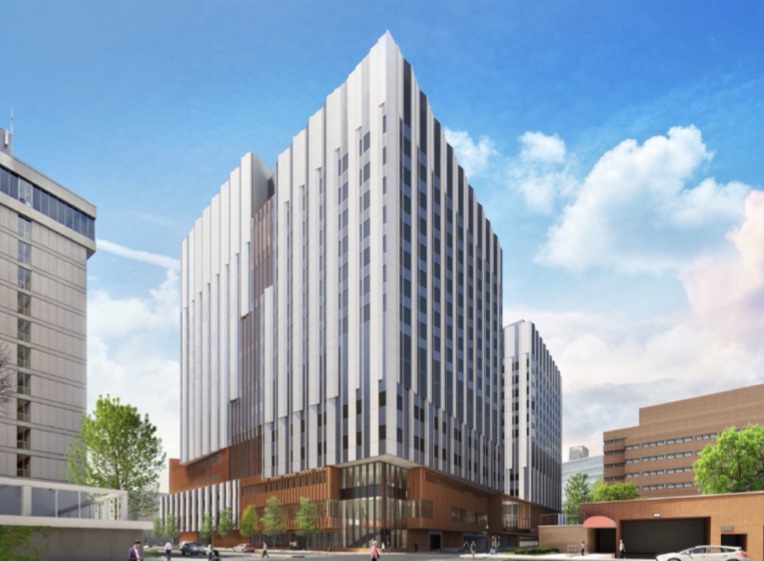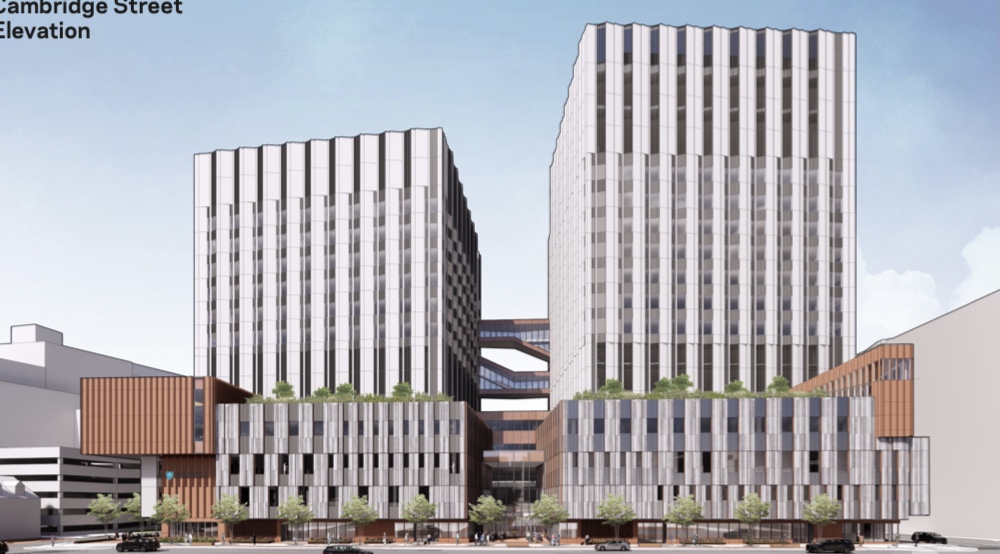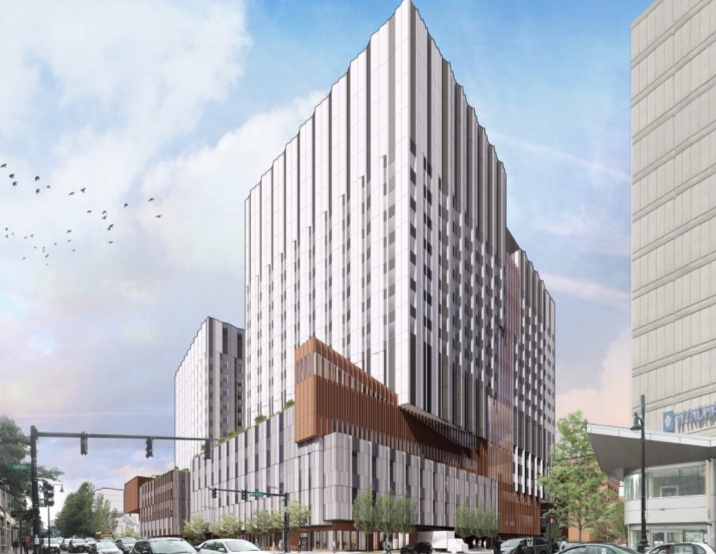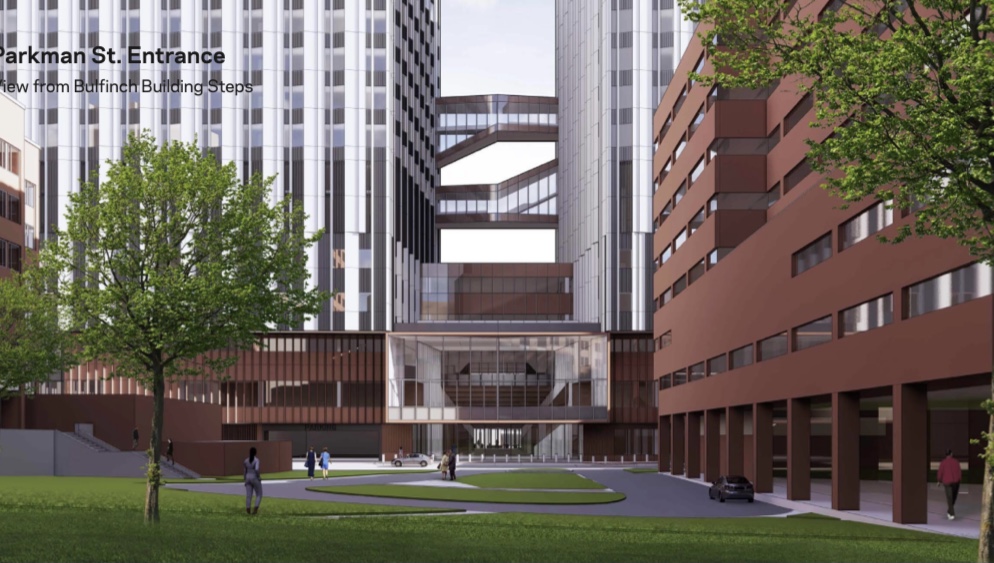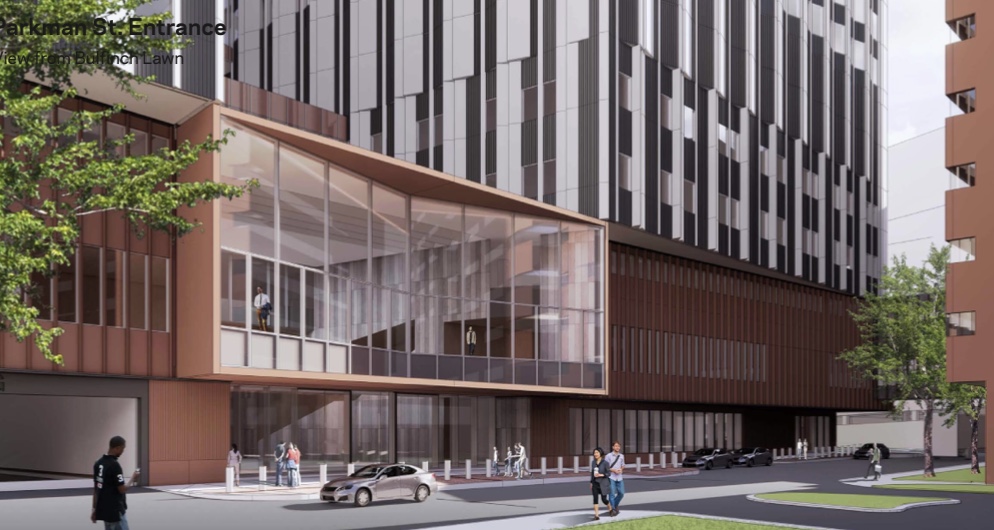- Joined
- Jan 22, 2012
- Messages
- 5,078
- Reaction score
- 1,652
So ask MGH to really donate to the West End Museum or fund an amazing exhibit on the history of this area. Get funding for a red-blue connection or a better crossing at Charles Street MGH station.
THIS.



